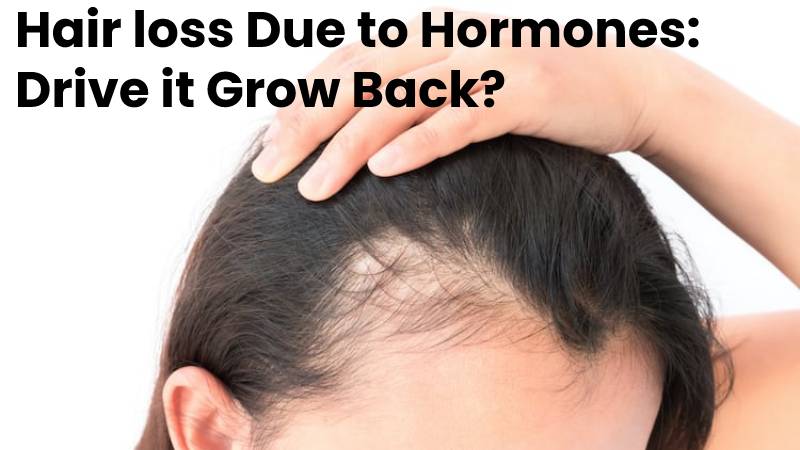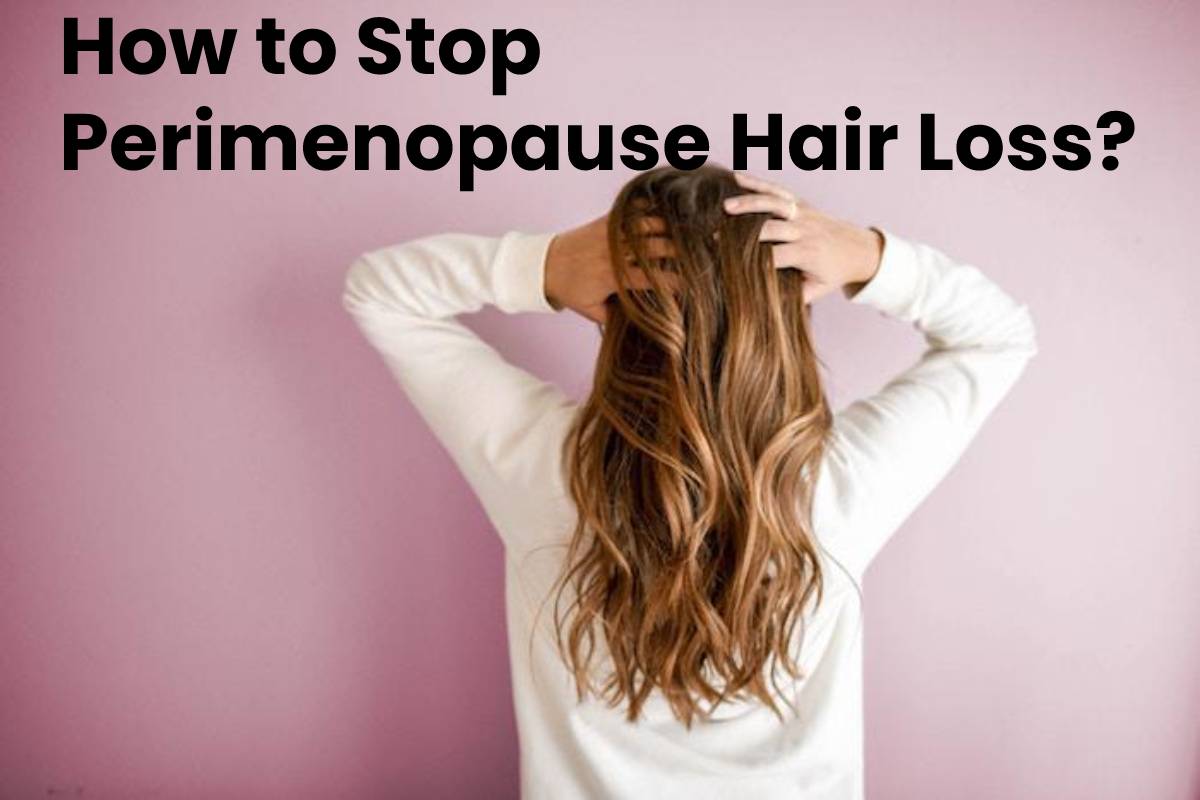How to Stop Perimenopause Hair Loss?
Our hair is somewhat we control; we cut it, style it and choose how to wear it. It is an expression of ourselves, our character, and our image. If we misplace a lot of hair, we whitethorn feel less like ourselves and less in control, affecting our self-esteem.
Table of Contents
Why does it happen?
FPHL is very common, grows with age, and varies across ethnic collections. Although it container occurs at any age, the condition usually occurs following menopause. It does not mean that unaccompanied hormones are to blame, although estrogen may have a protective role, helping keep hair in the ‘growing phase.’ However, age the situation is a factor, and while women can take care of their hair cosmetically, it is one aspect of the aging process we cannot always control. Genetics are important too, and you may notice a family link with both male and female hair loss. Occasionally, acute stress on the body will influence hair growth, e.g., illness, emotional stresses, and crash dieting. Some medications may have an influence too.
Hair loss Due to Hormones: Drive it Grow Back? 
Hair harm due to hormones is a reality for many people after menopause and during pregnancy. But will it grow back? The response is yes, but some belongings can benefit the body.
Wash hair frequently (every two to three days) with an unimportant shampoo. Treat hair gently. Don’t comb or encounter hair when it’s wet. Using the members to detangle is a milder option. Putt hair up in a tight bun or pigtail can cause added stress on the hair and its follicles.
Finally, try to limit hair driers or irons on hair, as they can dry and hurt it.
Menopausal Hair Loss Prevention: Five Simple Tips
Here remain five orders to prevent hair loss through the menopausal transition and after menopause:
1. Additional Movement
Exercise is the unity of the best things to do to improve overall health and well-being during menopause. Regular exercise can decrease the probability of heart disease, high cholesterol, and diabetes. In addition, exercise progresses circulation and muscle tone and can help maintain a healthy weight. Exercise can also improve symptoms linked with menopause, including expanding, mood swings, stress, and sleep disturbances.
2. More water
One of the most seeming physical changes after menopause is the appearance of skin and hair. Many people report that their skin develops dryer and thinner as they age. It remains occasionally referred to as “crepey” skin. Dry skin can remain treated with exciting lotions. An easy way to combat dry crust and hair after climacteric is to drink more water.
Hydration is especially significant for those experiencing hot flashes and night sweats. Water also helps flush poisons and other waste products from the body. In addition, it helps alleviate combined pain, constipation, bloating, then fatigue.
3. Less stress
Stress can influence health regardless of age. Dipping and finding ways to manage stress are essential parts of preserving health. For example, lower estrogen levels can cause menopausal hair injury and mood swings, anxiety, and unhappiness. Stress only adds to this. Try yoga, tai chi, or other movements that help clear the mind and relax to reduce stress heights.
4. Eat well
A well-balanced food is always important when it comes to well-being. With age, the body’s nutritional requirements change slightly, along with the change in hormones. As estrogen stages decrease, the body becomes more vulnerable to fractures, irregularity, anemia, and weight gain.
A healthy diet during menopausal and after menopause should contain fresh fruit and vegetables, complete grains, calcium-rich foods (like milk, cheese, and yogurt), iron-rich foods (like red meat, fish, eggs, and leafy green vegetables), and suitable bases of fiber. In addition, there are vegetarian and non-vegetarian selections for a healthy diet.
5. Supplements
Some foods might upsurge estrogen naturally and help reduce the symptoms of menopause. Some comprise grapes, blueberries, nuts, soy products, dried fruits, and flaxseed. These can help provide a common source of estrogen and possibly prevent the necessity for hormone replacement therapy.
Clinical studies examining the influence of phytoestrogen consumption on human health often show conflicting results. It is currently unidentified if these compounds are safe and effective.
Recent studies have stated that menopausal hair loss occurs in more than 40 percent of cases. It’s often an unavoidable side effect of deviations in hormone levels during menopause, but in most cases, menopausal hair loss is not permanent.
Hair loss during climacteric is a stressful and all too common occurrence for many women, and bio-identical hormone spare therapy can be an excellent treatment selection. However, your diet can also produce a considerable role in preserving healthy hair during menopause. These ten nutrients can make outstanding additions to your diet.
10 Nutrients For Healthy Hair In Menopause
Protein
Keratin is a protein and is the construction block of your hair, and while it remains not directly found in food, its production is straight affected by how much protein is in your diet. Therefore, an absence of protein in your diet can impact your hair health, especially during perimenopause and menopause.
Vitamin C
Vitamin C is the nutrient that impartial keeps on giving and is essential for maintaining healthy hair during menopause. Not only in it help promote healthy hair growth, but it also stimulates regrowth after hair loss. Vitamin C is the common designation for ascorbic acid, specifically L-ascorbic cutting, and is a small molecule organic acid. How to Stop Perimenopause Hair Loss
Vitamin A
Another miracle vitamin, Vitamin A, can increase the speed of cell regeneration and synthesis. Therefore, a deficiency can directly affect the maintenance of healthy hair during menopause.
Fats
There has been debate about how much fat to include in your diet. However, it is generally agreed that you essential healthy fats in your diet. If you don’t, you hazard damaging your hair, as these healthy fats deliver your body with linoleic acids, along with long-chain poly-saturated fats, which are essential for hair structure.
Iron
An iron deficiency container often is the cause of hair loss, and therefore during menopause, it is essential to consume enough iron in your diet. How to Stop Perimenopause Hair Loss

